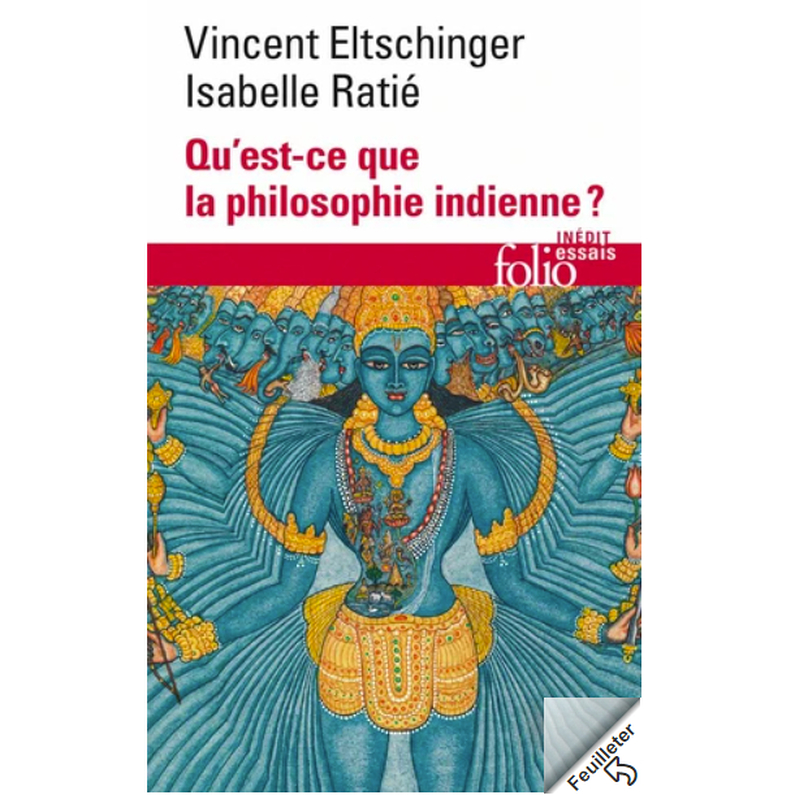Description
Philosophy, as we know or think we know, speaks Greek, German and probably French, but certainly not Babylonian or Sanskrit. India was excluded from the field of philosophy 'properly so called' towards the end of the eighteenth century. Since then, generations of Indianists have pleaded in vain for the revision of an ill-informed trial. It is time to dispel the clichés that the West entertains about ancient India, which is supposedly too absorbed in its religiosity to give the concept any credence.
Vincent Eltschinger and Isabelle Ratié have chosen to focus less on doctrinal traditions than on a selection of issues showing philosophers and schools at work, defending their positions in a polemical mode. The emphasis placed on these crystallising points of the Indian debate - self, other, world and consciousness, perception and truth, rationality and religion, language, God, etc. - constitutes the originality of the book.
- The emphasis placed on these crystallising points of Indian debate - the self, the other, the world and consciousness, perception and truth, rationality and religion, language, God, etc. - is what makes this book so original, providing an understanding of Indian philosophy for what it is, in its context, and not by comparison, which would deprive it of its meaning and force.
Characteristics
- Number of pages
- 560
- Publication date
- 19/01/2023
- Dimensions
- 11,0 cm × 17,8 cm × 2,3 cm
- Categories
- Bookshop & Media, General Books, Exhibition & catalogues, Exhibition Bollywood Superstar

